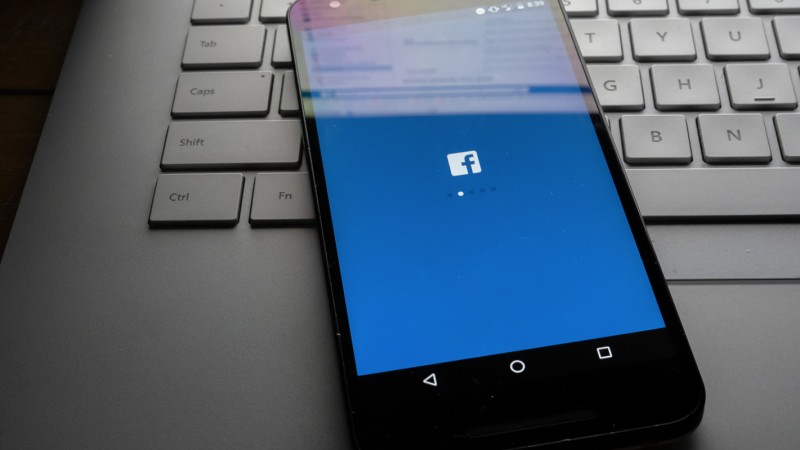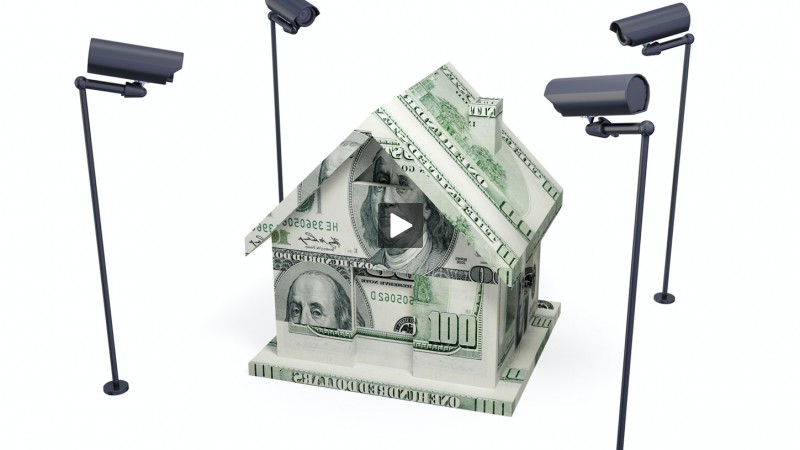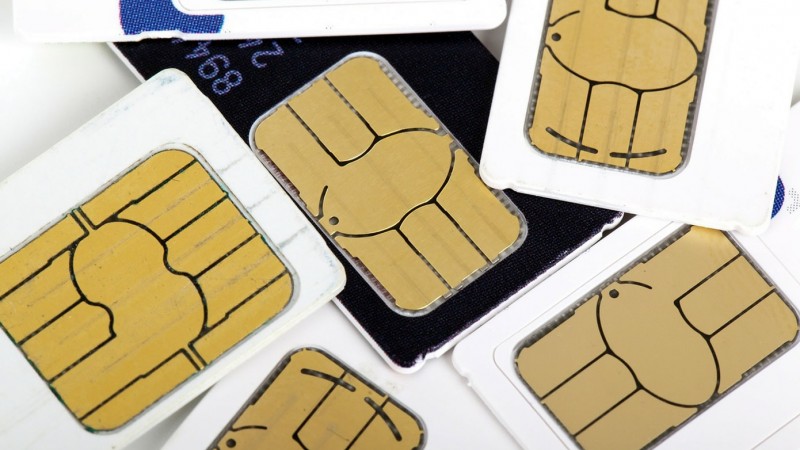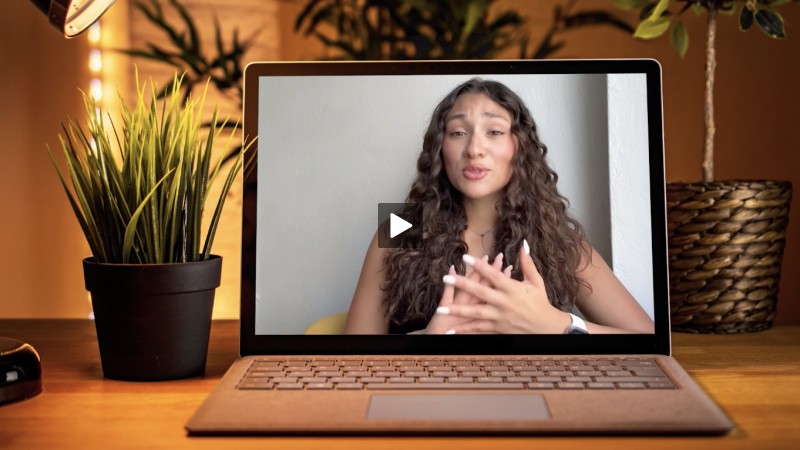Need a Crash Course in Online Safety?
- Details
- Category: Articles
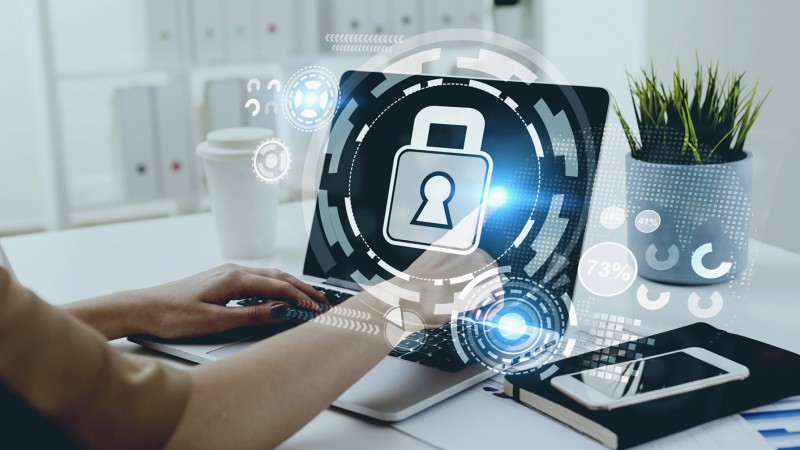
Are you on your computer, smartphone or tablet all the time? If so, chances are you can really benefit from this crash course in upping your online "self-defense" skills.
If you answer "no" to even one, consider a change in online habits, or your online safety (or money and sanity) may be up for grabs!
Why?
A whopping two-thirds of all emails carry some form of attempt to cyber-crime. That's FireEye talking*! They researched some quadrillion emails and found that at least 60% contain phishing scams, spyware, ransomware or even viruses.
Still not convinced?
There are plenty of fraudulent apps available for your smartphone or tablet, you may fall victim to scams such as click-bait on your computer, there's native (or invisible) advertising everywhere, accounts get hacked (and your data shared).
So, you need this crash course, right?
Anwer These 10 Questions
Here are 10 questions about your online behavior. Some may seem like common sense, but if you answer "no" to even one, consider a change in online habits, or your online safety (or money and sanity) may be up for grabs!
Is the operating system on your computer, smartphone or tablet up-to-date?
If so, you're good. If not... get on it! Cyber criminals are always looking for software leaks and you may be next... It makes sense to set this to update automatically.Do you use the latest browser to surf the web (on whatever device)?
You're at grave risk of scams and cybercrime if you don't. Make sure to put on the browser's built-in security option too. (Go to preferences and search for the "padlock" toggle switch.)Is your Wi-Fi protected with an impossible to guess password?
If so, great! If not, are you crazy? Never, ever, use an unprotected internet connection (or a public one at the coffee shop or airport) to do online banking or shopping. It's the easiest way to get your money or personal information stolen.Do you use a firewall and virus/spyware protection?
We all know what can happen if you don't. While it can be fun and exciting to randomly click links, not having this protection in place can have disastrous consequences! So, while you're stocking up on protection software, make sure you set it to auto-update. on your computer, phone or tablet.While banking or shopping online, do you check if the site is encrypted (with the lock sign in the address bar)?
Don't even think about entering personal or financial information via an unprotected website. Your info is up for grabs by even the dumbest cyber crook!Do you check the name (and url) of your bank or business you deal with online?
The latest phishing scams slightly modify a website or company name to trick you into thinking the website is legit and giving out personal or financial information, or login details. Check and double check!You checked your phone and computer, but are your Internet of Things (IoT) devices up-to-date?
Is your smart fridge or thermostat software up-to-date? How about your wireless doorbell with camera, or even your digital assistant? Not sure? You may be cruising for a bruising.Do you check your online banking regularly?
No? How will you find out if your credit card information has been stolen? By waiting for that call from the bank or fraud department? That may be too late...Do you make sure that data you share about yourself online is as minimal as possible?
Did you set your social media privacy settings to share nothing? Have you told Google to stop tracking and sharing your data? Good! The less info people (and companies) can find about you, the safer you are online.Do you only keep one tab open in your browser?
If not, you may be at risk of being "tabnabbed." What? It's another version of the above phishing scam, with scammers changing out your inactive online banking or shopping tab for fake ones. Later, you'll come back to your tab and re-enter your login details (as your bank signs out automatically after a while of inactivity). Ughhh.... Almost impossible to spot, except for thoroughly verifying the address and "padlock/https" encryption in the address bar.
Okay, that was 10... But here's another fun bonus question!
Bonus Question
Do you transfer money online or via app (like Venmo)?
Transferring money via app online to people you know is convenient, quick and easy. However, when you're selling something to a stranger, take caution! Even though the money may show up in your account instantly, the transfer can take a few days to get through the banking system. Crooks could cancel the payment, and you'll be out of cash (and most likely your sold product).
A tip: When selling things online, it's always a best practice to sell locally, and only deal with cash. It may be more of a hassle, but it will help minimize your risk of fraud.
If you must send or receive funds online, read up on online or app payments and the different services available. Many are good and safe, but equally many are not. Check security measures in place before you even think of using online or app payments with strangers.
How Did You Do?
I'm hoping you answered "yes" to all the above questions. If not, you could seriously be at risk of cybercrime and scams.
Get on this stuff! Hey, it's your money...
Make sure your online self-defense skills are always fighting fit! Follow the tips in this article—or in the links to our other articles—and protect yourself and your devices from scammers.
Good luck out there!
Will
* Source: www.fireeye.com











